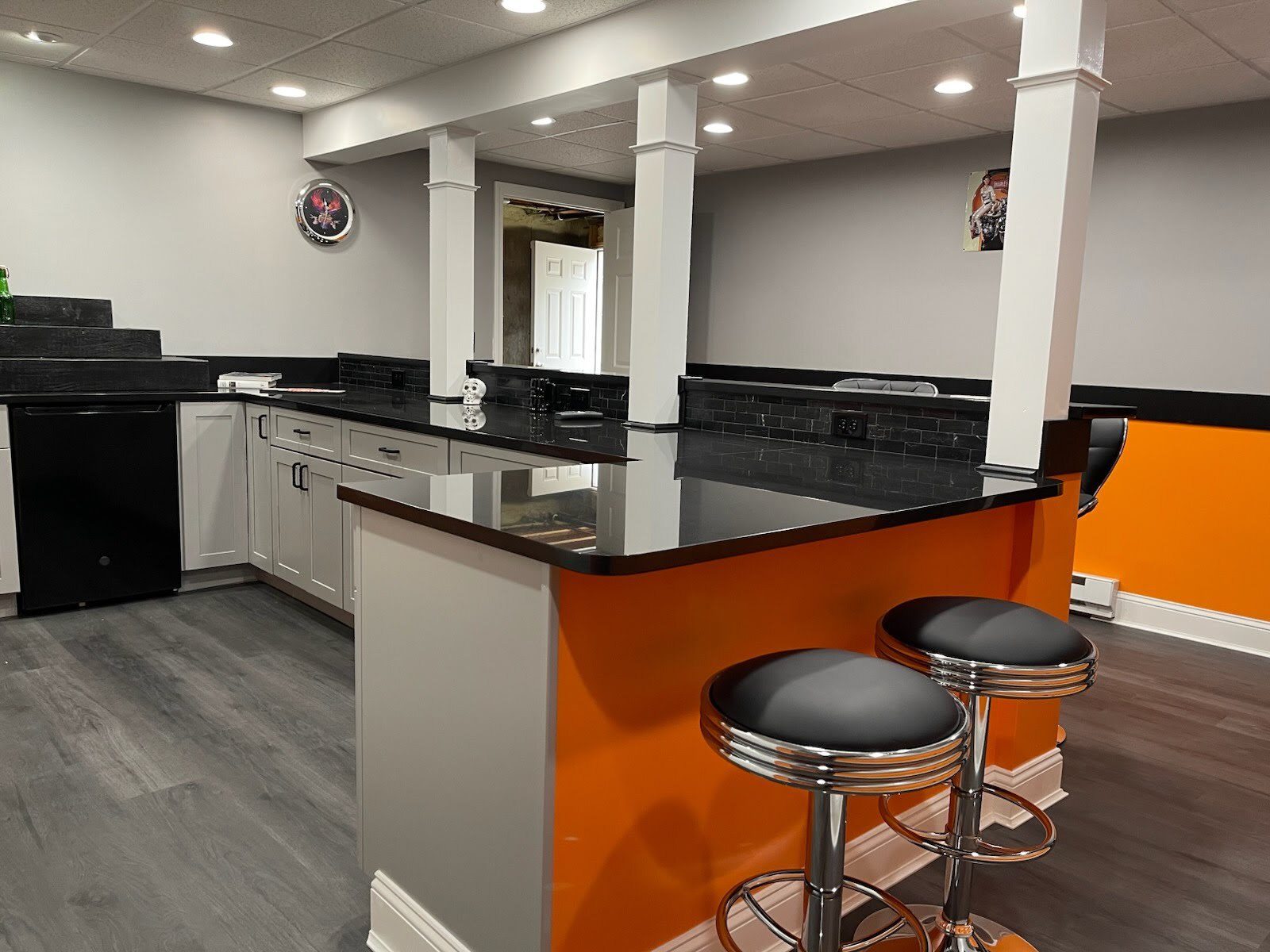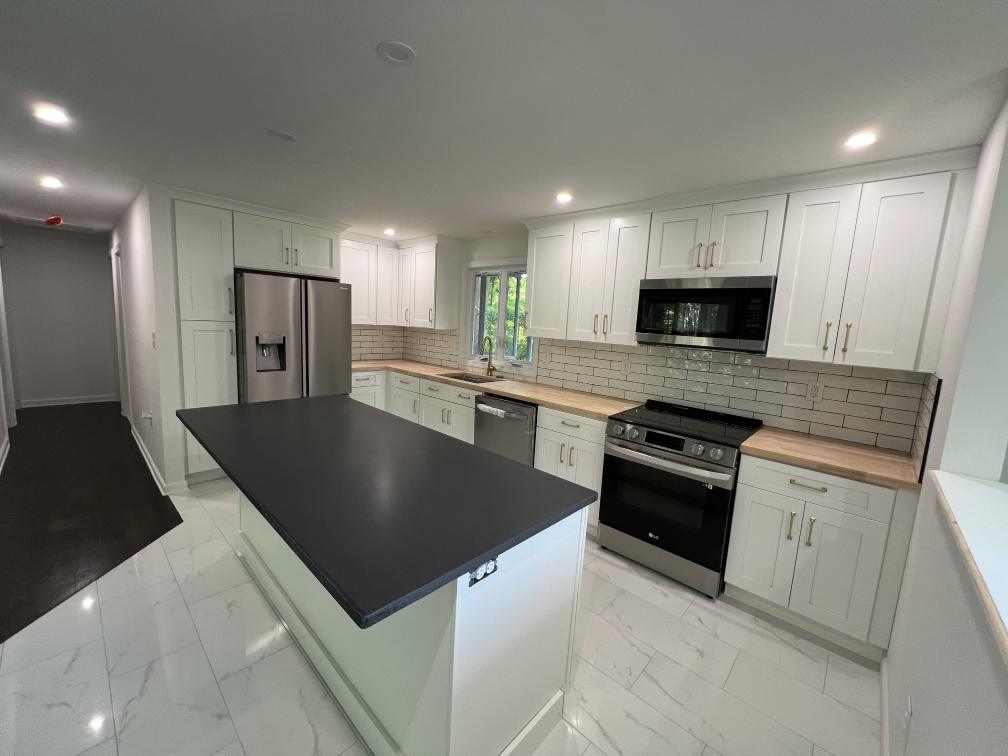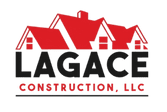Why Renovate your Kitchen Before the Holidays?
Preparing your kitchen for the holidays makes family gatherings easier and more enjoyable. A tired space may slow you down when you’re cooking or hosting, and it might even diminish the value of your home. Upgrading outdated cabinets, counters or layouts improves daily functionality and gives you more room to entertain. It also lets you address safety concerns and energy inefficiencies before guests arrive. Starting now gives you enough time to plan, build and enjoy the results.

Timeline: How Long a Kitchen Remodel Takes
Timing is critical when you’re targeting a holiday deadline. A standard Connecticut kitchen remodel usually takes between six and eight weeks once construction starts. That estimate assumes your design is finalized, materials have been ordered and your contractor is ready to begin. Before construction, plan for two weeks to vet contractors, at least one week for design revisions and several weeks to gather materials. Lead times for custom cabinets and stone counters add to the schedule, and many reputable contractors have waiting lists.
Planning matters because your decisions control much of the timeline. Some homeowners spend months in the design phase exploring layouts, finishes and appliances. Industry experts note that, on average, U.S. kitchen projects require about 8.3 months of planning and 4.5 months of actual construction. Cosmetic updates or projects that keep the existing layout move faster, while moving walls, rerouting utilities or adding square footage extend the schedule. Factor in at least a month of buffer time so supply delays or hidden issues don’t derail your holiday plans.
Kitchen Remodeling Costs in Connecticut
Kitchen remodeling costs in Connecticut vary widely. A local contractor reports that the average kitchen remodel costs about $33,000, with most projects ranging from $15,000 to $50,000 depending on size and scope.
Minor mid‑range remodels that refresh cabinets, countertops and appliances without major changes tend to run around $50,000.
More extensive remodels—where new cabinets, high‑end appliances, plumbing upgrades and layout changes are involved—often cost roughly $70,100 for a mid‑range finish and $138,800 for upscale finishes.
Another cost guide notes that budget kitchen renovations in Fairfield County start at about $23,500, mid‑grade projects start at around $36,000 and high‑end projects start at roughly $72,500.
For a quick estimation method, some remodelers recommend budgeting based on square footage. A low‑range update focused on cosmetic improvements typically runs $100 to $125 per square foot. Mid‑range projects with new layouts and higher‑quality finishes average $200 to $250 per square foot, while high‑end, fully custom kitchens often exceed $300 per square foot.
These figures illustrate why it’s important to define your goals early and to set aside an extra 10–20% for unexpected expenses.

Preparation Tips to Keep Your Project on Schedule
Plan thoroughly – Research design ideas and make all major decisions before work begins. The more choices you finalize early, the easier it is to avoid delays and second-guessing once construction begins.
Hire the right contractor – Interview several licensed contractors, check references and review examples of completed kitchens. Once you sign a contract, that agreement becomes the blueprint for your schedule.
Secure permits early – Submit permit applications as soon as your plans are finalized. Local processing times vary, and permits are required for structural, plumbing or electrical changes.
Order materials in advance – Place orders for cabinets, counters, fixtures and appliances early. Long lead times for items like tile, stone and custom cabinetry are common. Waiting for a missing part can stall construction.
Set up a temporary kitchen – Before demolition, create a makeshift cooking space with a microwave, hot plate and mini-fridge. This helps you stay comfortable and lets contractors work without interruption.
Clear the work area – Empty cabinets and remove fragile or valuable items. Demolition and clean-out usually take one to two weeks; having the space ready speeds up this phase.
Avoid change orders – Stick to your agreed-upon design and scope. Mid-project changes slow progress by requiring additional approvals, materials and labor.
Communicate often – Stay in touch with your contractor and make decisions promptly. Clear communication helps resolve problems quickly and keeps everyone aligned.
Conclusion: Start Planning Now for a Stress-Free Holiday Season
If you want your new kitchen ready for Thanksgiving or the December holidays, start the process soon. Set realistic expectations about costs and timelines based on Connecticut averages, then assemble a team, finalize your design and order materials early. By planning ahead and working closely with a trusted contractor, you’ll reduce delays and enjoy a beautiful, functional kitchen just in time for your celebrations. Lagace Construction offers free estimates and clear communication throughout every phase of your remodel.
